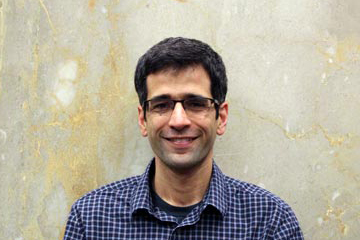
Long-term Impact Evaluation of the Malawi Wellness and Agriculture for Life Advancement Program
Date Published
Oct 1, 2019
Authors
Ariel BenYishay, Kristen Velyvis, Katherine Nolan, Lila Kumar Khatiwada, Carrie Dolan, Danice Brown Guzman, Tom Purekal, Arif Mamun, Sara Wilf
Publisher
Citation
BenYishay, A., Velyvis, K, Nolan, K., Khatiwada L. K., Dolan, C., Guzmán, D. B., Purekal, T., Mamun, A., & Wilf, S. (2019). Long-term Impact Evaluation of the Malawi Wellness and Agriculture for Life Advancement Program. Williamsburg, VA and Washington, DC: AidData at William & Mary and Mathematica Policy Research.
Abstract
The Expanding the Research of Impact Evaluation (ERIE) team worked with the United States Agency for International Development (USAID)’s Office of Food for Peace (FFP) on a long-term follow up of The Wellness and Agriculture for Life Advancement (WALA) program, which was implemented from 2009-2014. The program was designed to improve food security for more than 200,000 chronically food insecure households in Southern Malawi. USAID asked researchers from the ERIE Consortium to return to study the program four years after it ended to see how people’s lives had changed, if they were more resilient in the face of severe drought and flood, and whether or not the program had sustainable impacts on recipients.
ERIE researchers were able to understand WALA’s long-term, sustainable impacts on households and communities. Specifically, they were able to understand the impact of WALA on household resiliency and child nutrition, the extent of WALA interventions and related activities that continued once the project ended, whether or not child nutrition gains were maintained in the face of environmental disruptions, and if gains in child nutrition led to other improvements in health and education at older ages.


